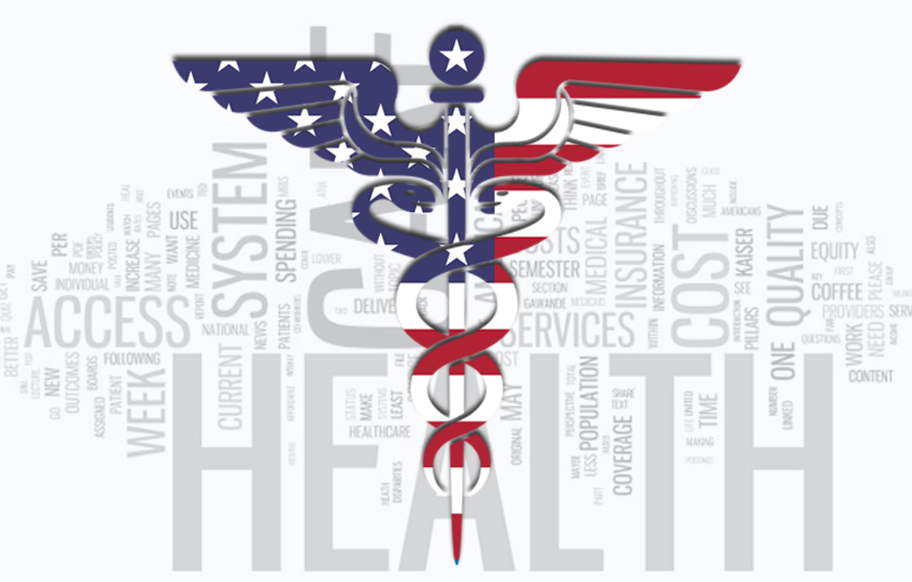US healthcare customers and providers spend roughly $496 billion on billing and insurance costs, half of which are excessive, a brief from the Center for American Progress (CAP), an independent policy institute revealed.
The country spends around 8.3% of total health expenditures on administrative costs, which exceed those of other countries having multipayer health systems with more stringent rate regulation and nations having single-payer systems, the brief said.
Emily Gee, a health economist at CAP and the brief’s co-author, said in a press release that the U.S. spends way more on healthcare administrative costs than other developed countries. She also noted that payment reforms can help reduce these costs for patients and the government.

Americans often encounter in the country’s health care system unnecessary administrative complexity—from filling out duplicates of forms and shifting hands of medical records between providers to filing insurance bills. This complexity in administrative matters along with it its high costs is often pointed out as a reason the U.S. spends nearly double the amount on health care per person compared with other developed countries even though they have the utilization rates.
Young companies aim to slash insurance and healthcare-related costs by using technology. One of them is Lemonade, a tech-driven insurer that has just recently secured a $300-million funding.
With the use of advanced technology, Lemonade says it will help revolutionize the insurance industry by digitizing the entire insurance process. This move will replace brokers and tons of paperwork with algorithms. More streamlined and efficient operations will allow the New-York based firm to provide policies in 90 seconds and process payment of claims within three minutes.
Daniel Schreiber, Lemonade Chief Executive, said the company can collect 100 times more data than traditional providers, enabling it to enhance its underwriting and pricing. So far, Lemonade currently has sold more than half a million policies.













